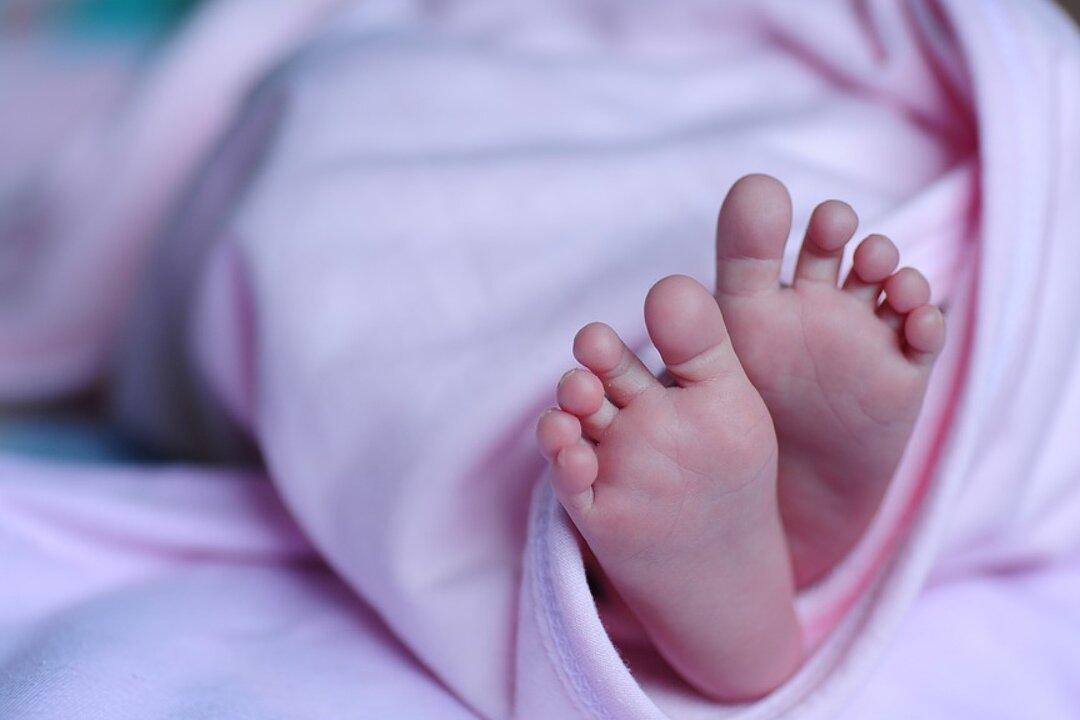American women are still having too few babies to replace themselves and their partners, the latest national birth data suggests.
In what the U.S Centers of Disease Control and Prevention (CDC) described as a “nonsignificant decline,” the nation recorded 3,661,220 new babies in 2022, just a few thousand less than the year before.





